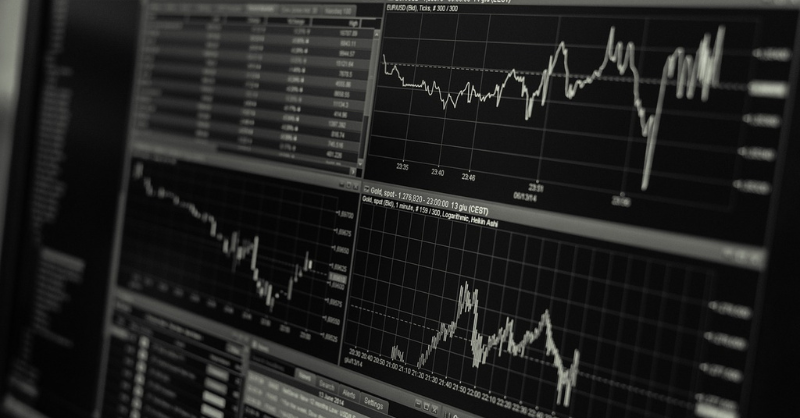Transitions/Human Rights
All about the wider issues that come out of the sustainability transitions including human rights
Sunday Brunch: 'Soft' factors are really important for investors
Investors know that soft factors, such as having a happy and motivated workforce, are important drivers of a company valuation. But how do we include factors such as diversity into our investment cases? The first step is to understand the linkages. Not all soft factors are financially material.
Sunday Brunch: tariffs and the read across for sustainability
How the financial markets have reacted to the current tariff 'war' gives us some useful insights into how the sustainability transitions might play out. Of the three main alternative scenarios we suggest only one will deliver progress. The other two would lead to negative outcomes.
Sunday Brunch: valuation and sustainability are about the future - but the overlap is not perfect
Companies (and many of their shareholders) respond best to issues that impact their long term profitability. Sustainability issues are often strategic issues for companies, with clear valuation creation implications. But not all sustainability issues have financial implications.
Sunday Brunch: our future forecasts don't need to be precise...
As an investor I would rather be roughly correct than precisely wrong. Or more strictly I would rather be broadly right about the two or three things that really matter to a company, even if it meant that I got everything else wrong.
Sunday Brunch: good companies vs good investments
A bad company does not always make a bad investment. If we want to persuade investors that a low sustainability company is too risky, we need to understand the difference between price & value.
Sunday Brunch: do politicians lead or follow?
Most politicians follow not lead. And so we need to think less about our message, and more about if our proposal speaks to the values and aspirations of the wider population.
Sunday Brunch: why do we have equity markets?
Financial markets exist to provide liquidity, and to enable companies to raise new financial capital. Or do they? Are they more a mechanism to generate financial returns. If so, what might this mean for sustainability.
Sunday Brunch: investment, buybacks, and CEO tenure
If a CEO knows they might not be in the job for long, they might focus on short term wins over long term value creation. As shareholders we need to be vocal in our support of good investment, even if it has a long payback.
Sunday Brunch: profits, buybacks and sustainability
High levels of share buybacks are often quoted as evidence that companies can afford sustainability investments. But the link is poor and better measures, such as profit margins and ROIC are available.
Sunday Brunch: proxy voting should be part of engagement and value creation.
Proxy voting can be made better. This is important for all investors. Two foundations should be, better linking voting outcomes to long term value creation, and making proxy voting an integral part of the corporate engagement process.
Sunday Brunch: the relevance of accounting for sustainability professionals?
Current financial reporting effectively ignores the investments that create the majority of a company's financial value - their intangible assets. This includes many environmental, social and governance factors. We need better disclosure on this, but how?
Sunday Brunch: key thoughts from 2024
Sustainable Investing is changing. Thoughts on the changes we have seen in 2024 and hopes for 2025.











